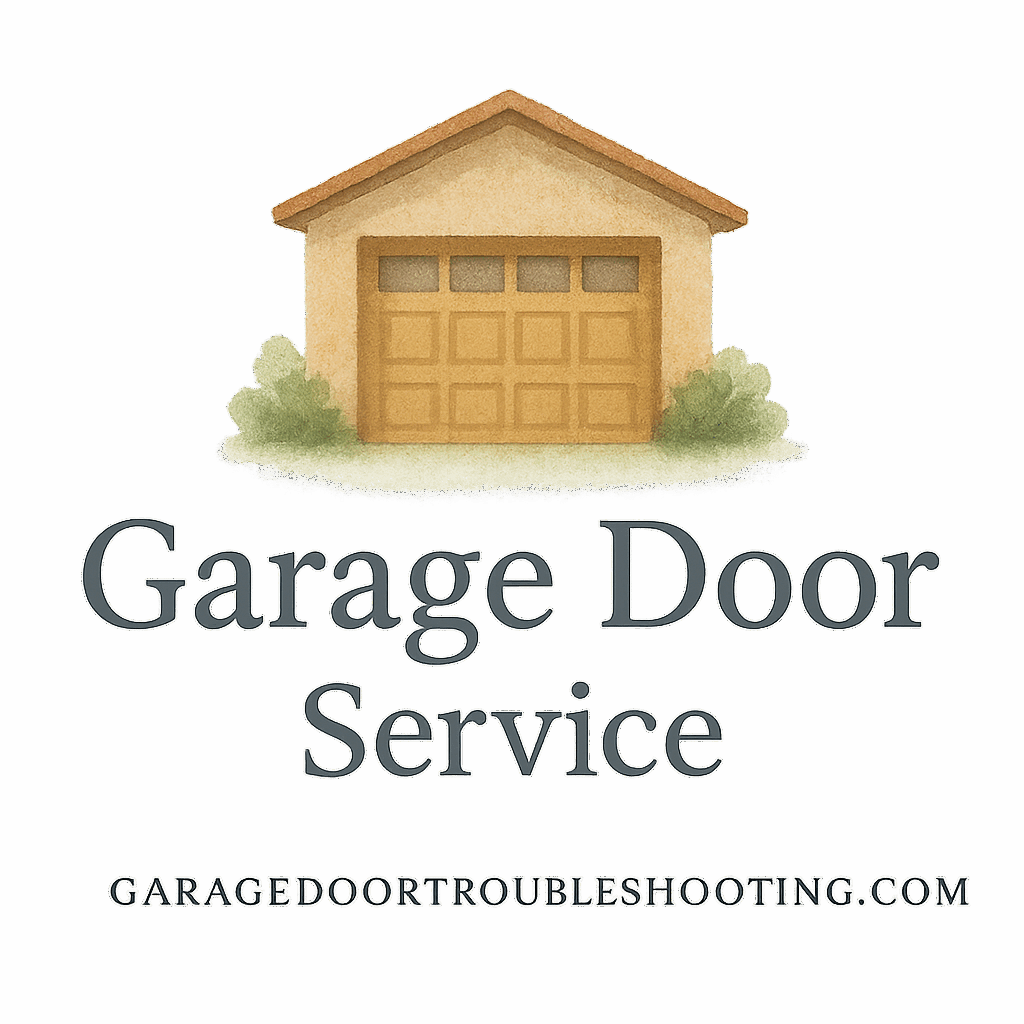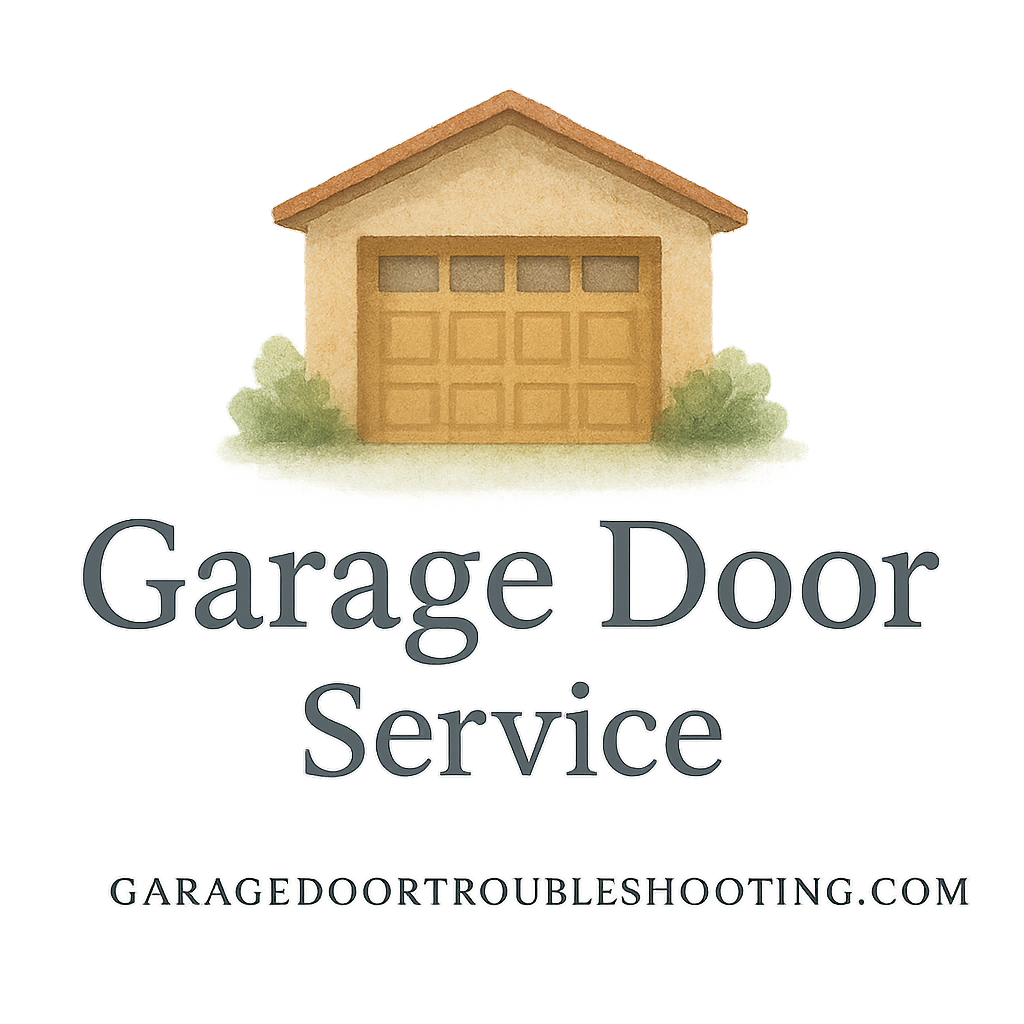Introduction
Garage doors are the unsung heroes of our homes. They open and close without complaint — until they don’t. Whether you’re heading to work or returning from the grocery store, a malfunctioning garage door can throw your whole day off. Knowing when your garage door needs immediate maintenance can save you from costly repairs, improve home security, and keep your family safe.
Why Garage Door Maintenance Matters
The Role of Garage Doors in Home Safety
Garage doors do more than protect your car — they’re critical barriers between your home and the outside world. When working properly, they enhance your home’s safety and insulation. But when neglected, they become liabilities, both in terms of security and structural integrity.
Preventative vs. Reactive Maintenance
Here’s the deal — reactive maintenance is costly. By the time you notice a problem, it might already be a big one. Preventative maintenance, on the other hand, catches issues early. Check out these garage door maintenance tips to stay ahead of trouble.
1. Unusual Noises During Operation
Grinding, Screeching, and Rattling Sounds
If your garage door sounds like a horror movie soundtrack, it’s time to listen up — literally. Strange noises often mean something’s wrong.
What These Sounds May Indicate
Screeching might indicate dry rollers, grinding could mean worn-out gears, and rattling may point to loose hardware. All signs that immediate maintenance is required.
2. Slow or Jerky Movement
Causes of Uneven or Delayed Movement
A garage door should move smoothly. If it’s sluggish or jerky, don’t shrug it off. This could signal motor problems or issues with the tracks and rollers.
Motor and Track Issues
Often, the culprit is a motor struggling to perform or misaligned tracks. Regular inspections can catch these problems early. Don’t wait until your door gets stuck halfway.
3. Door Doesn’t Close All the Way
Misaligned Sensors
This one’s a safety issue. Your garage door is equipped with sensors that stop it from closing if something’s in the way. But if they’re misaligned or dirty, your door may refuse to close at all.
Obstructions and Track Blockages
Sometimes the problem is simpler — leaves, debris, or a small toy blocking the track. Either way, ignoring the issue could lead to bigger repairs down the line.

4. Sagging Garage Door Sections
What Causes Door Sections to Sag?
Age, wear, and weather are usually to blame. Wooden doors are especially susceptible. Over time, they lose their shape.
How to Test for Sagging
Disconnect the opener and lift the door halfway. If it doesn’t stay in place, your door may be unbalanced and need maintenance.
5. Excessive Vibration While Opening or Closing
Loose Hardware or Worn-Out Parts
If your door shakes like a washing machine on spin cycle, it’s likely due to loose screws, worn rollers, or even damaged springs.
Dangers of Ignoring Vibrations
Left unchecked, these vibrations can lead to parts falling off or complete door failure. For peace of mind, browse our garage door repair guides.
6. Visible Damage or Wear
Rust, Dents, and Cracks
It’s easy to ignore cosmetic damage, but these can indicate deeper structural problems. Rust can spread, and cracks can compromise the door’s integrity.
Weather-Stripping and Panel Wear
Old or cracked weather stripping means your door isn’t sealing properly, which can lead to higher energy bills and poor insulation.
7. Rising Energy Bills
How Insulation Affects Energy Efficiency
Your garage door plays a big role in maintaining your home’s temperature. If it’s poorly insulated, your HVAC system has to work overtime.
Maintenance as an Energy Saver
A quick tune-up or replacing damaged panels can significantly improve efficiency. Want more ways to cut costs? Our installation advice page has helpful insights.
When to Call a Professional
DIY vs. Expert Care
Sure, you can handle some maintenance yourself — tightening screws, cleaning tracks. But for spring repairs or sensor issues, leave it to the pros. Messing with high-tension components can be dangerous. Read about dangerous repairs to know what not to DIY.
Choosing the Right Garage Door Service
A reliable garage door service provider will offer warranties and same-day service. For vetted professionals, visit our service directory.
Preventative Maintenance Tips
Monthly Inspection Checklist
Keep an eye out for these monthly:
- Check for loose screws
- Test sensor alignment
- Lubricate rollers
- Inspect for rust or wear
Creating a Maintenance Plan
Start a simple maintenance plan: set calendar reminders, stock up on supplies, and schedule seasonal professional checkups.
Conclusion
Your garage door might not always be on your mind, but when it fails — you’ll wish it had been. From strange sounds to rising bills, these signs aren’t just annoyances. They’re red flags. Immediate maintenance can prevent big expenses, boost your home’s energy efficiency, and keep your family safe. Don’t wait until it’s too late.
For more homeowner insights, check out our homeowner tips and never miss a beat.
FAQs
1. How often should I inspect my garage door?
At least once a month for basic issues, and seasonally for more detailed inspections.
2. Can I lubricate my garage door myself?
Absolutely. Use a silicone-based lubricant for rollers, hinges, and tracks.
3. What’s the most common garage door issue?
Sensor misalignment and lack of lubrication top the list.
4. Is it safe to replace garage door springs myself?
Nope. This is one repair best left to professionals due to the risk of serious injury.
5. Why is my garage door making loud noises?
It could be due to worn parts, lack of lubrication, or loose hardware.
6. How long do garage doors typically last?
With proper maintenance, they can last 15-30 years depending on materials and usage.
7. Are professional garage door services worth it?
Yes — especially when dealing with safety features and complex repairs. They ensure long-term performance and peace of mind.
For related topics, explore tags like DIY, repair, safety, and installation.


